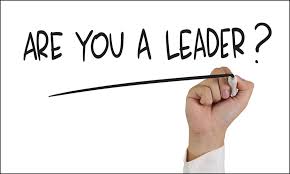It’s a no brainer! Showing gratitude makes relationships thrive and makes trust possible. It is a powerful act that encourages, clarifies, motivates, includes, and unifies.
When we are thankful, people feel valued and they feel part of something bigger than themselves.
But showing gratitude is good for you too.
Being thankful puts you in the right mindset to lead effectively. Gratitude and humility are interconnected. They reinforce each other. We alone are not responsible for who we are and what we do as we can be greatly influenced by those around us. That is the essence of leadership. We are never truly self-sufficient.
Being thankful essentially helps us to protect from ourselves. It is amazing how much gratitude plays into avoiding poor behavior and wrong thinking. Gratitude sets a boundary on our thoughts by making us mindful of others. It helps us to avoid going where we should not go because we are both more self-aware and more aware of our environment.
Gratitude requires that we slow down and reflect. It is the basis of emotional intelligence. It puts other people first. While empathy has been found to be essential to leadership, empathy is not empathy if it is silent. It must be expressed outwardly.
Studies have shown that being thankful is an antidote to depression. It has the power to heal and move us forward.
It improves relationships and is a remedy to envy and greed. It eliminates a leader’s tendency towards entitlement. Grateful people find more meaning in life and feel more connected to others.
In these changing and uncertain times, gratitude is a leader’s ally. Being thankful allows a leader to appreciate where they are and the resources they have at their disposal to face whatever life throws at them. A habit of gratitude gives us perspective. It doesn’t ignore the negative but instead, it moves us towards a solution and helps us to remain focused and persevere.
Gratitude can’t just be something we do is has to be who we are as a leader. More than a behavior or even a mindset, it must come from the heart. It must be our guiding principle.



